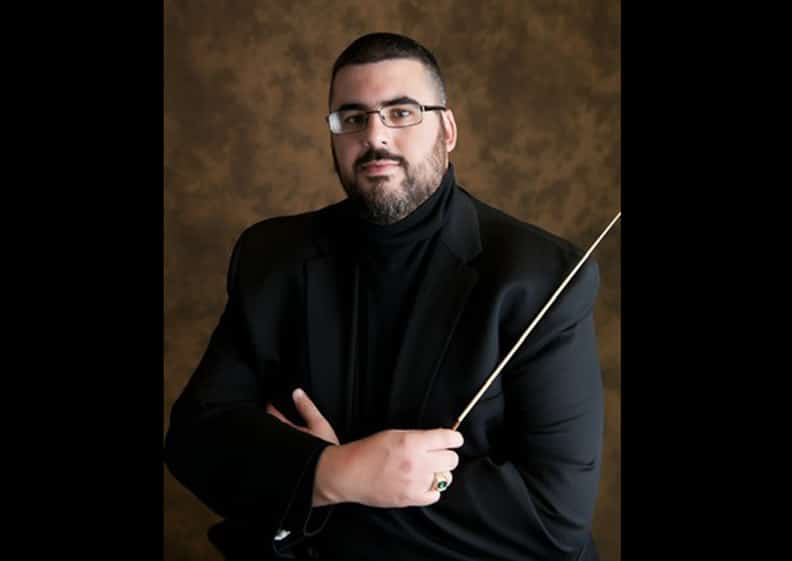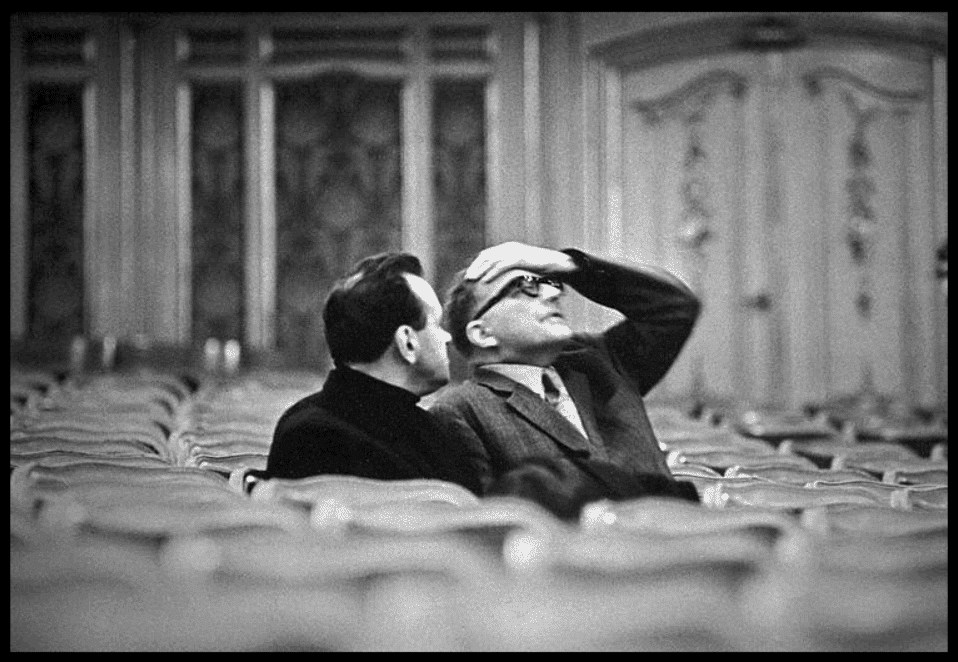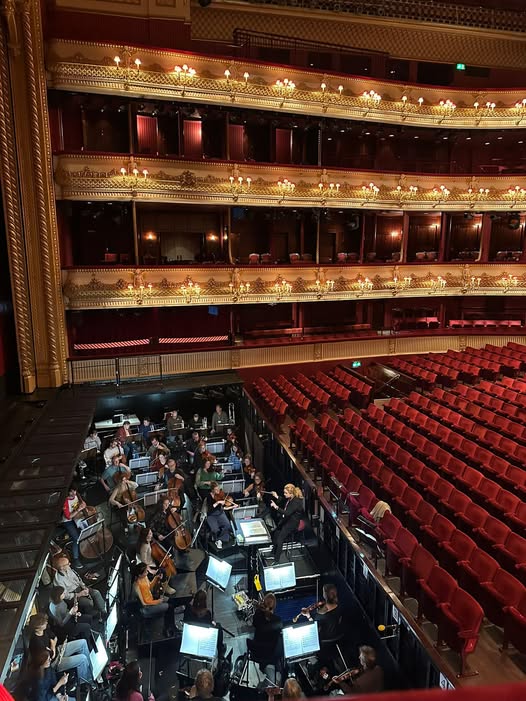A medical emergency at the opera
mainWe returned from the interval of Magic Flute to find the chorus milling on stage and the orchestra musicians, in a raised pit, chatting among themselves. Since this was a Simon McBurney production, we assumed this was part of the show.
After about ten minutes, someone in the top-priced seats started a slow handclap. Few joined in. A house manager came on stage with a microphone. ‘I’m sorry to tell you that there has been a medical emergency with a patron in the upper balconies,’ he said. ‘An ambulance crew has arrived and the person is being made comfortable before being taken to hospital. Thank you for your understanding.’
A small murmur ran through the house. Five minutes later, the show resumed. All very English, professional and low-key, as you’d expect at English National Opera.
As for the show, I need to mull on it a bit.






Reminds me of when, many years ago, a friend was flying on a British Airways jumbo from Singapore to Auckland and volcanic ash was sucked into the engines, causing them all to fail. The pilot spoke over the tannoy “Ladies and Gentlemen, I’m sorry to inform you that all four engines have failed!”. All said in a calm English tone. (The postscript to the story is that thankfully, they managed to restart one engine and landed safely.) Don’t you just love the stiff upper lip and calmness of the Brits?!
LOL….that’s why we are British!!
Has nothing to do with “Brits”. All commercial airline pilots are chosen for their ability to and trained to remain as calm as possible, work through the problems systematically, and especially, not make their passengers panic.
I can never understand why pacifying announcements can’t be made sooner. I remember times when our performances in Hamburg were occasionally delayed for various reasons yet management seemed to be terrified of even saying ‘There has been a slight delay, we will keep you informed of developments’. It’s disrespectful towards a paying audience.
Reminds me of a similar incident here in Chicago — but there were no announcements, nor even a break in the music: http://davidroyko.com/musramjan1809.htm
And this occasion, when Leonard Bernstein’s “incident” happened on stage: http://www.davidroyko.com/bernsteintumble.htm
I attended a Boston Symphony concert at Bushnell Memorial Hall in 1966 that included a surprise encore led by Erich Leinsdorf–Wagner’s “Meistersinger” overture after a complete Brahms Second Symphony. As the drums rolled and the cymbals crashed toward the end of the encore, screams rang out from the front rows–a patron had collapsed with what turned out to be a fatal heart attack. At the final bars, the house lights came up, the players peered out over the stage, and attendants with a stretcher ran down the aisle. Ushers kept us in our seats and away from the aisles until the victim (with striken family following) was removed…a very vivid memory of a sad evening.
Reminds me of the time when I was ushering at the San Francisco Opera and an elderly gentleman had what appeared to be a possible (mild) heart attack at a performance of Parsifal. He was taken to the basement emergency station & an ambulance was summoned. After a few minutes the man sat up and demanded to return to the performance. He was told by the paramedics the consequences might be dire. He said, “It’s OK. If I have to go, how better than at Parsifal.” Apparently he survived. I saw him later on at other operas. But Wagner was his true dedication.
In the period before 1914, various conductors died at a Tristan performance, at the same spot in the score, of which Von Karajan said that it should be researched scientifically.
It was “only” two conductors, Felix Mottl in 1911 and Joseph Keilberth in 1968. I think both of them collapsed during or after the second act, and both of them in Munich.
Karajan did have some pretty extensive research done into the physiological stresses of music making. He had himself and some of his musicians wired up and their vital statistics recorded during some rehearsals and recording sessions, and, IIRC, also during some performances.
I once attended an effective performance of Fidelio which was staged very darkly, but with the last scene – when the protagonists are saved – in a blasting, white light. When the curtains opened on the very bright stage, a scream was heard at the back of the hall which was at first understood as uninhibited, deserved enthusiasm but which later-on appeared to be a reaction to some medical condition, with the stretcher coming-in much later than otherwise would have been the case.